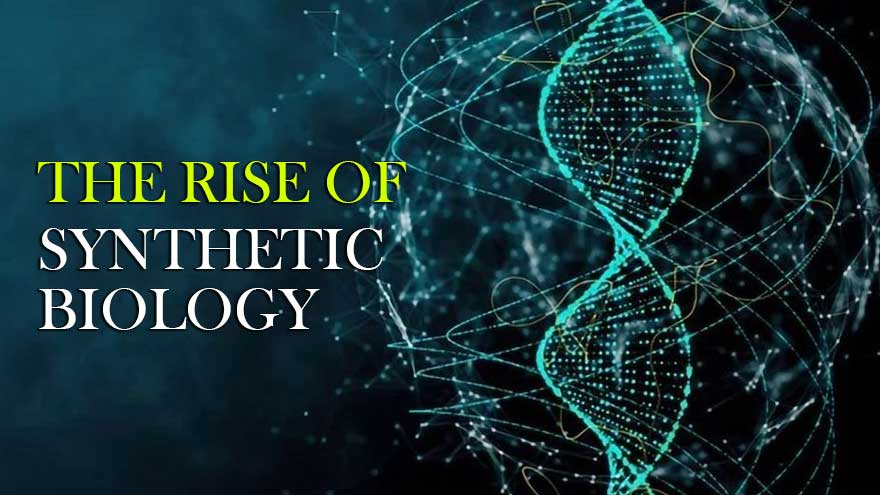Explore the transformative potential of synthetic biology across industries, from healthcare to agriculture and environmental sustainability. Delve into the ethical considerations and regulatory challenges shaping its future.

In recent years, synthetic biology has emerged as a revolutionary field, blending principles of biology and engineering to manipulate biological systems for various purposes. This interdisciplinary approach has garnered significant attention across industries, promising transformative solutions to longstanding challenges. From healthcare to agriculture, and even energy production, synthetic biology is reshaping the landscape of innovation.
Synthetic biology involves the design and construction of biological devices and systems, often by modifying the genetic makeup of organisms. Researchers leverage techniques like gene editing, DNA synthesis, and bioinformatics to engineer organisms with specific traits or functionalities. This ability to manipulate living organisms at the molecular level opens doors to endless possibilities.
One of the most promising areas for synthetic biology is healthcare. Scientists are exploring ways to engineer bacteria to produce valuable pharmaceuticals, such as insulin and antibiotics, in a more efficient and sustainable manner. Additionally, synthetic biology holds potential for personalized medicine, where treatments can be tailored to individual genetic profiles, enhancing efficacy and minimizing side effects.
In agriculture, synthetic biology offers solutions to improve crop yields, resilience, and nutritional value. Researchers are developing genetically modified crops that require fewer pesticides and are more resistant to environmental stresses like drought and disease. Furthermore, bioengineered plants can be designed to produce essential nutrients, addressing malnutrition in vulnerable populations worldwide.
Synthetic biology also holds promise for addressing environmental challenges. Microorganisms can be engineered to break down pollutants and toxins, offering innovative solutions for waste management and environmental remediation. Moreover, bio-based materials derived from genetically modified organisms have the potential to replace traditional plastics, reducing reliance on fossil fuels and mitigating plastic pollution.
While the potential of synthetic biology is vast, it also raises ethical and regulatory concerns. Questions about genetic modification, biodiversity, and unintended consequences loom large. Striking a balance between innovation and safety is crucial to ensure responsible development and deployment of synthetic biology technologies.
Despite its promise, synthetic biology faces several challenges. Technical hurdles, such as scalability and optimization, need to be overcome for widespread adoption. Additionally, public perception and acceptance play a significant role in shaping the trajectory of this field. Education and transparent communication are essential to foster understanding and trust.
Looking ahead, the future of synthetic biology seems bright. Continued advancements in gene editing technologies like CRISPR-Cas9 will unlock new possibilities for precision engineering of biological systems. Interdisciplinary collaboration among scientists, engineers, policymakers, and ethicists will be key to navigating the complex landscape of synthetic biology.
Synthetic biology represents a paradigm shift in how we approach biology, offering innovative solutions to pressing global challenges. From healthcare and agriculture to environmental sustainability, its potential to transform industries and reshape the future is undeniable. As we venture further into this exciting frontier, it is imperative to proceed with caution, ensuring that the benefits of synthetic biology are realized ethically and responsibly.